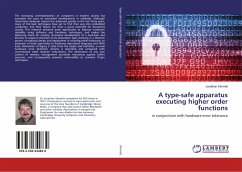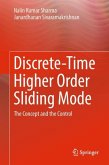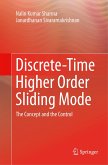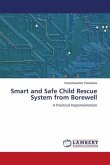The increasing commoditization of computers in modern society has exceeded the pace of associated developments in reliability. Although theoretical computer science has advanced greatly in the last thirty years, many of the best techniques have yet to find their way into embedded computers, and their failure can have a great potential for disrupting society. This research presents some approaches to improve computer reliability using software and hardware techniques, and makes the following claims for novelty: innovative development of a toolchain and libraries to support extraction from dependent type checking in a theorem prover; conceptual design and deployment in reconfigurable hardware; an extension of static type-safety to hardware description language and FPGA level; elimination of legacy C code from the target and toolchain; a novel hardware error detection scheme is described and compared with conventional triple modular redundancy. The elimination of any user control ofmemory management promotes robustness against buffer overruns, and consequently prevents vulnerability to common Trojan techniques.
Bitte wählen Sie Ihr Anliegen aus.
Rechnungen
Retourenschein anfordern
Bestellstatus
Storno








